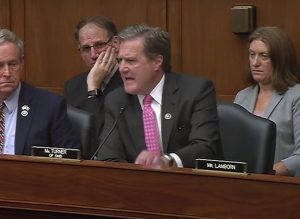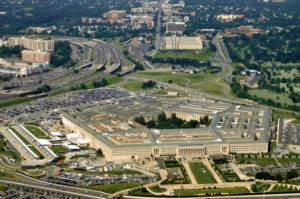
A pair of amendments adopted to the House Armed Services Committee’s version of the next defense policy bill would limit the travel budgets of the Defense Secretary and Navy Secretary’s offices until the panel is briefed on the latest plans for the sea-launched nuclear cruise missile (SLCM) program. Rep. Mike Turner (R-Ohio), ranking member on the Strategic Forces Subcommittee, introduced the two directives which aim to provide greater oversight into the SLCM program after the service’s previous acting secretary proposed…

 By
By 









